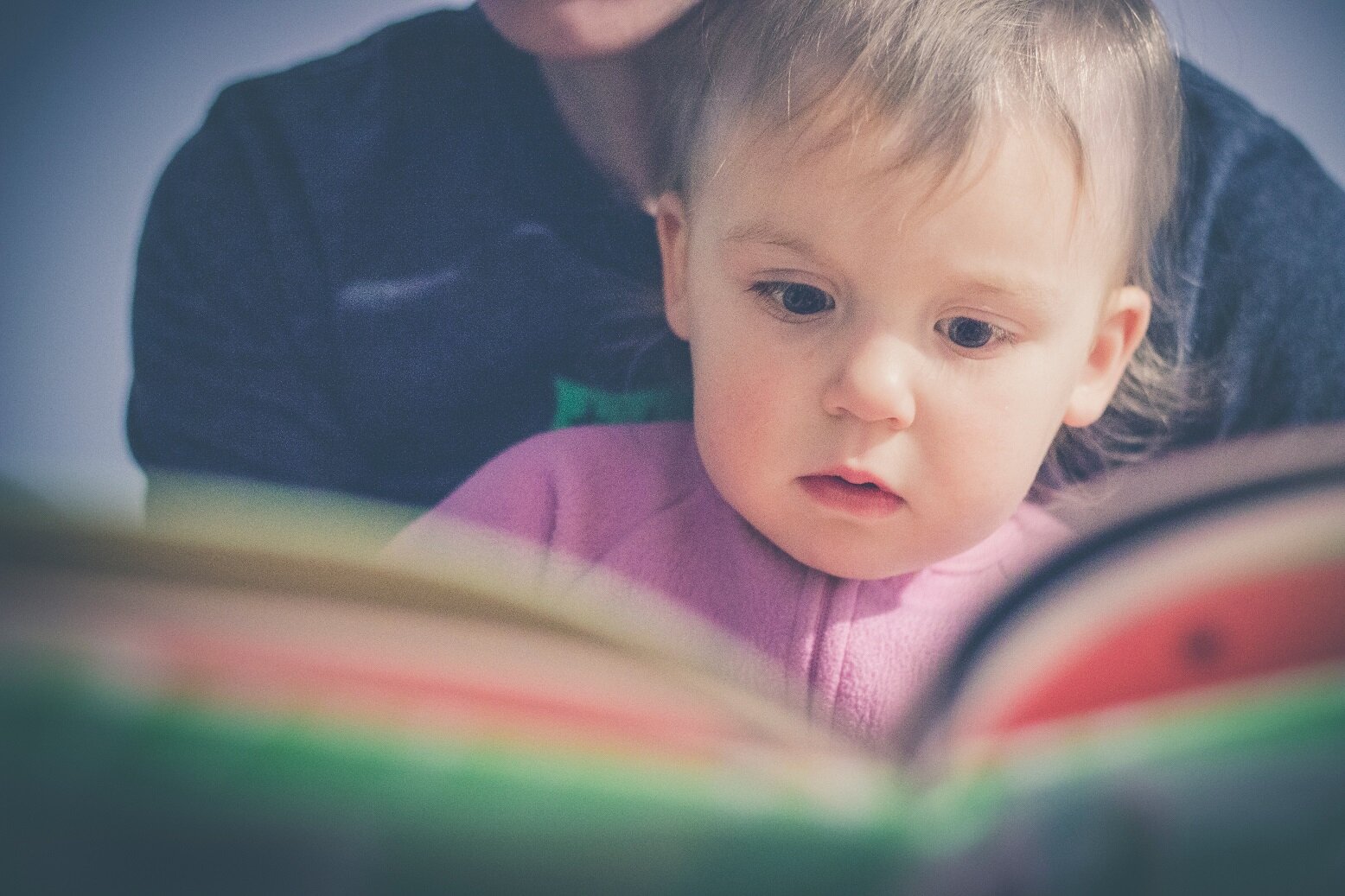Why is it important to read to your child?
The benefits of reading to a child are well documented. Whether he is a newborn, toddler, or preschooler. According to the American Academy of Pediatrics reading to kids contributes to exponential brain development as early as infancy. It equips them with stronger comprehension skills and a greater set of vocabulary words to express themselves better.
Reading to him is one of the most immanent pillars you can establish to raise a well-rounded, intelligent child.
Reading improves his cognitive skills and helps him along the process of cognitive development.
The five development stages of your child are: a) cognitive development, your child's ability to learn and solve problems, b) social and emotional development, c) speech and language development, d) fine motor skill development and e) gross motor skill development.
Choose a variety of books to accommodate your child’s different stages of development. When he is a newborn, it is important that he hears your voice and intonation. Read to him as much and as often as you can. Give the characters different voices and be more animated with your facial expression as he grows.
By the time he is 4 years of age, he should be able to name colors, numbers, remember parts of a story, understand ‘same’ and ‘different’, he should understand time, draw 2-4 body parts, use scissors and write letters.
Choose diverse books. Children need to connect with the characters in the picture books. Reading to him should eventually grab his attention, stimulate his imagination, and spark his creativity. You should read books to and eventually with him that present the variety of cultural traditions that coexist in our communities, but also introduce him to environmental or social issues. Exposing him to a mixture in books will prepare him for life in our diverse world. Like I stated in one of my previous blog post, when you read to him, he will understand the world, he will be able to travel in his mind to faraway lands, other times, different dimensions and put himself in other people's shoes. He will develop empathy, a key-ingredient to appreciating the benefits of interrelations and belonging.
And it is OK when he interrupts you reading to ask a question or issue comments. It shows that he is engaged with the story. As he gets older, he will need to wait his turn, like when you finished a paragraph, you should pause and either ask him or allow him to ask questions - this will foster his listening skills.
Visit my bookshelf by clicking here.
Follow my hashtag #ReadToKids on social media.
